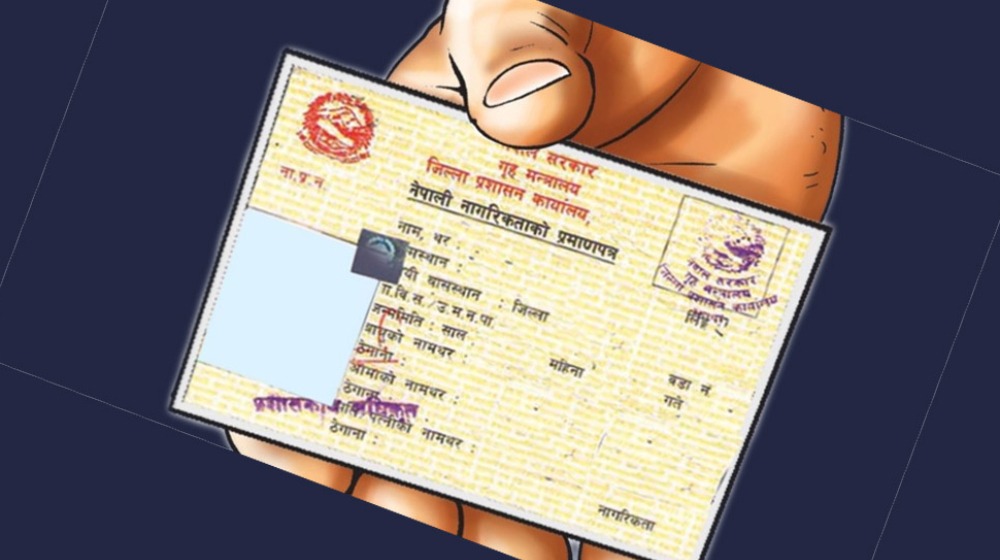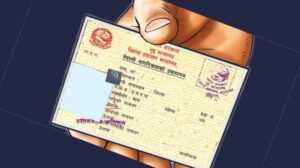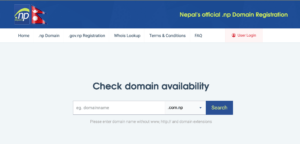
Who are NRNs?
NRNs, or Non-Resident Nepalis, are foreign citizens of Nepalese origin or Nepalese citizens residing abroad. The NRN status is governed by the Non-Resident Nepali Act of 2008 and is defined based on specific criteria outlined in the act.
What is NRN Citizenship?
NRN Citizenship grants certain rights, excluding political and administrative rights, to NRNs within Nepal’s territorial jurisdiction. These rights include economic, social, and cultural rights.
Laws Governing NRN Citizenship
NRN Citizenship is regulated by several laws, including the Constitution of Nepal, the Nepal Citizenship Act of 2006, and the Nepal Citizenship Rules of 2006.
Acquiring NRN Citizenship
NRN Citizenship can be acquired by individuals who were previously Nepalese citizens and have acquired foreign citizenship, as well as foreign citizens with Nepalese ancestry. However, individuals with foreign citizenship residing in SAARC member countries are ineligible for NRN Citizenship.
Application Process for NRN Citizenship
To apply for NRN Citizenship, applicants must submit the required documents to the District Administration Office (DAO) in Nepal or the Embassy/Consulate General office of Nepal abroad. The process involves obtaining a citizenship renunciation letter, recommendation letter from the Ward Office, and verification by Nepalese relatives before the DAO.
Documents Required for NRN Citizenship
The necessary documents for NRN Citizenship application include:
- Application form
- Citizenship renunciation letter
- Copies of applicant’s and parents’ Nepalese citizenship
- Copies of foreign passport and citizenship
- Copy of NRN card (if applicable)
- Passport-sized photo
Cancellation of NRN Citizenship
NRN Citizenship can be canceled if acquired through false information or if the holder is convicted for acts against Nepal’s independence, sovereignty, territorial integrity, or national interest.
This comprehensive guide provides valuable insights into NRN Citizenship, its rights, laws, application procedures, and grounds for cancellation, ensuring a clear understanding for Non-Resident Nepalis seeking citizenship benefits in Nepal.
Related:


